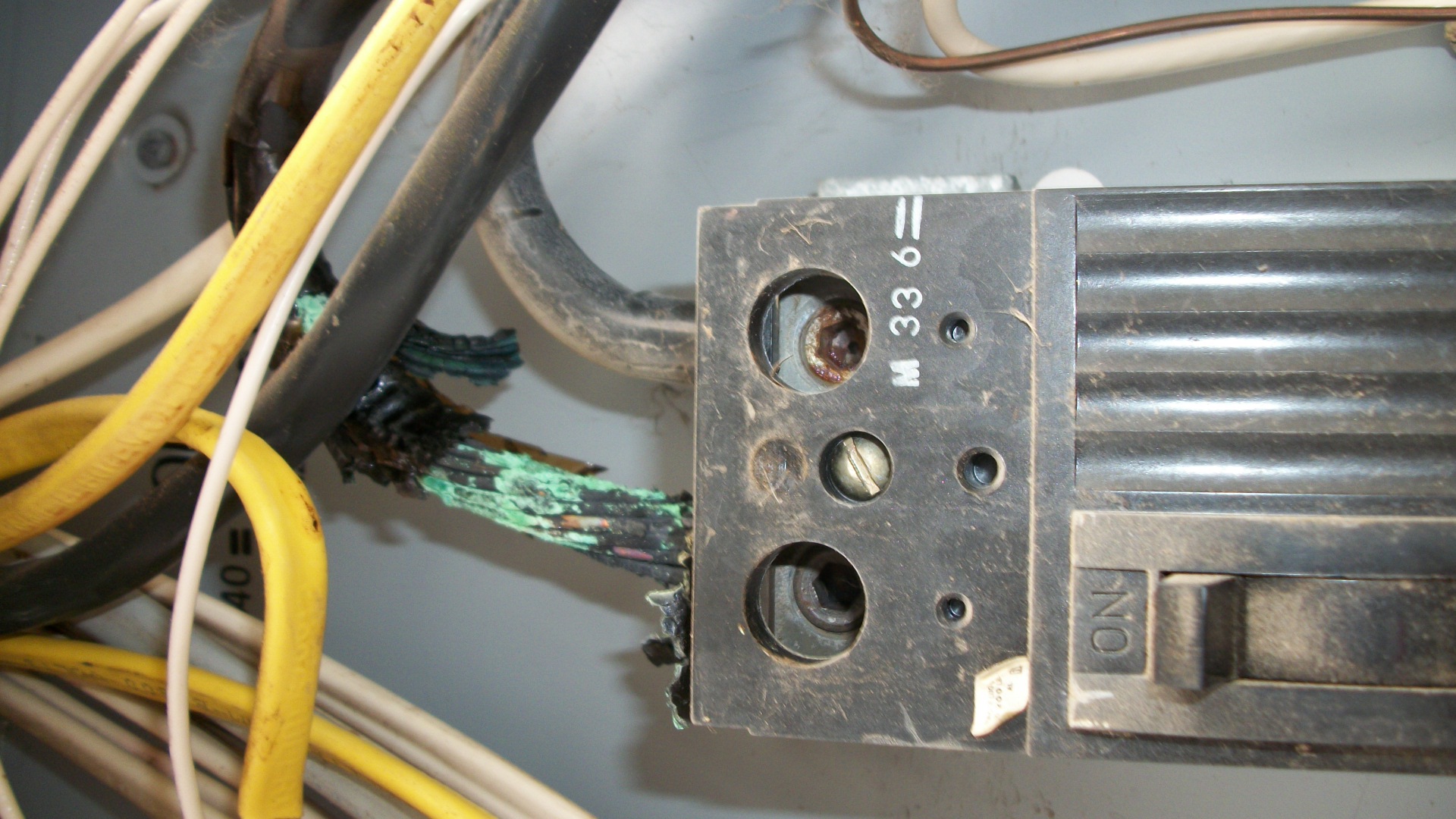My house originally had a single main panel, 150A. Some years ago, I decided to split the basement apartment and the main unit. The original main panel is in the basement but I wanted the main unit to have its own panel so I put a 100A breaker in the basement panel to feed the main unit subpanel.
A strange thing happened to me this morning. I woke up and and the power was out in the main unit of my house, where we live. I first thought the whole block lost power, as a result of some construction work nearby. However, that was not the case.
What turned out to be the case is that the 100A basement breaker had been tripped overnight. I know that breakers usually trip when there is excessive demand to draw amperage. I find this to be an extremely unlikely explanation because of the time of the day. Even if the AC was on (20A blower + 30A outside condenser), which I doubt it was because it was something like 70 degrees outside, it wouldn't come near to 100A. Realistically, what was likely drawing current at the time was the fridge, bedroom ceiling fan, and various super low amperage devices, like the modem etc. This is the first time it's happened in probably 5-6 years.
Could it have been that some external surge coming from the street bumped the breaker? I find it odd because it first went through the basement main panel, the rest of whose breakers went uninterrupted.

